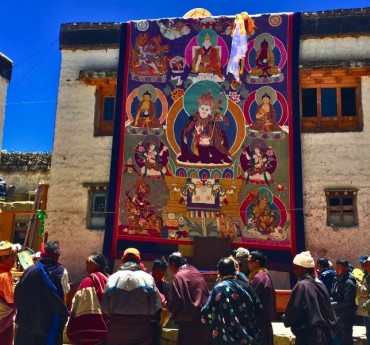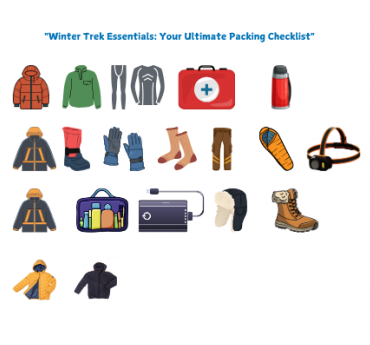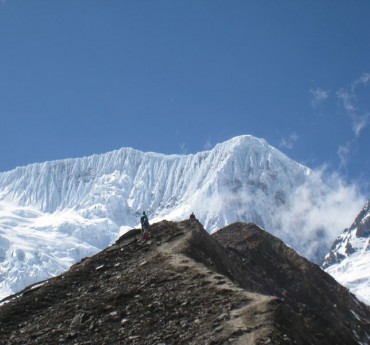How To Prepare For Trek In Nepal
Table of Contents
Do's:
-
Get in Shape: Trekking in Nepal can be physically demanding, and it's essential to be in good physical shape before embarking on a trek. Start a training regimen that includes cardio and strength training exercises at least six to eight weeks before your trek.
-
Research the trek: Research the trek you plan to embark on and familiarize yourself with the route, terrain, and altitude. This will help you to better prepare for the challenges you may face.
-
Get the right gear: Make sure you have the right gear, including good quality hiking boots, a warm sleeping bag, a waterproof jacket and pants, and a comfortable backpack.
-
Get travel and medical insurance: Make sure you have travel and medical insurance that covers trekking in Nepal. This will provide protection in case of an emergency or unexpected illness.
-
Get vaccinations: Check with your doctor and the Centers for Disease Control and Prevention (CDC) to see what vaccinations are recommended for the area you will be visiting.
-
Get a guide: Consider hiring a guide or a trekking company to ensure a safe and enjoyable trek. A guide can help you navigate the trail, provide information about the local culture and customs, and assist in case of an emergency.
-
Learn basic Nepali language and customs: Learn a few basic Nepali words, and familiarize yourself with the customs of the local people. This will help you to better understand and respect the local culture.
-
Pack light: Pack only the essentials and try to keep your backpack as light as possible. This will make your trek more comfortable and enjoyable.
-
Be aware of altitude sickness: Altitude sickness can occur at elevations above 8,000 feet and symptoms include headache, nausea, and fatigue. To prevent altitude sickness, it's important to acclimatize slowly and drink plenty of water.
Don't:
-
Don't neglect your training: Neglecting your training can lead to injury or fatigue, which can make your trek more difficult and less enjoyable.
-
Don't skimp on gear: Cheap or poor quality gear can lead to discomfort and injury, so make sure to invest in good quality gear.
-
Don't ignore travel and medical insurance: Without insurance, you may be responsible for any medical expenses or evacuation costs in case of an emergency.
-
Don't neglect vaccinations: Neglecting vaccinations can put you at risk for serious illness.
-
Don't ignore altitude sickness: Altitude sickness can be fatal if not treated promptly, so be aware of the symptoms and take them seriously.
-
Don't ignore the weather: Weather in the mountains can change quickly, so be prepared for any conditions and pack accordingly.






